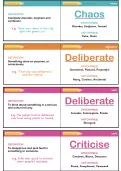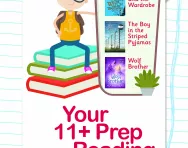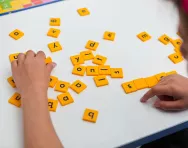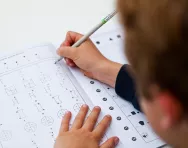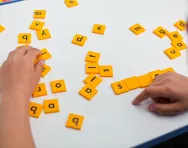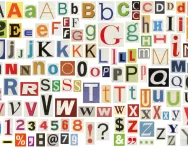TheSchoolRun.com closure date
As we informed you a few months ago, TheSchoolRun has had to make the difficult decision to close due to financial pressures and the company has now ceased trading. We had hoped to keep our content available through a partnership with another educational provider, but this provider has since withdrawn from the agreement.
As a result, we now have to permanently close TheSchoolRun.com. However, to give subscribers time to download any content they’d like to keep, we will keep the website open until 31st July 2025. After this date, the site will be taken down and there will be no further access to any resources. We strongly encourage you to download and save any resources you think you may want to use in the future.
In particular, we suggest downloading:
- Learning packs
- All the worksheets from the 11+ programme, if you are following this with your child
- Complete Learning Journey programmes (the packs below include all 40 worksheets for each programme)
You should already have received 16 primary school eBooks (worth £108.84) to download and keep. If you haven’t received these, please contact us at [email protected] before 31st July 2025, and we will send them to you.
We are very sorry that there is no way to continue offering access to resources and sincerely apologise for the inconvenience caused.
11+ vocabulary flashcards
Liz Formby, a Year 6 teacher, tutor and education consultant, has put together these invaluable flashcards to help your child master the vocabulary they need for the 11+ and independent school entrance exams.
We asked Liz for her tips on how to get the best from them.
Why does a wide vocabulary matter for the 11+?
‘The 11+ and independent school entrance exams test children on vocabulary that is wide, varied and complex, and beyond what they are likely to have encountered by the time they sit the tests at the beginning of Year 6.
‘Tests set by CEM, in particular, are very heavily vocab-based, with a lot of cloze questions, where children have to fill in a blank with the right word.
‘Both CEM and GL Assessment tests also require children to know synonyms (words that mean the same) and antonyms (opposites) of words, which makes a varied vocabulary essential. This skill is also needed for Year 6 SATs.’
How did you choose the words on the flashcards?
‘I used my experience as a Year 6 teacher to identify words that children come across and don’t know the meanings of.
‘I also trawled through past 11+ papers from both CEM and GL assessment, and from independent schools, to see which words tend to come up in the tests.’
How can you get the best out of the flashcards?
‘Use them little and often, rather than overwhelming your child with all of them in one go: for example, you might go over a couple of words at breakfast time each day.
‘The flashcards have two sides: one giving the word, and the other its definition. Use the cards both ways round: give your child the word, and ask them to tell you the meaning, or read out the definition, and ask them to tell you the word.
‘You could also ask them to give you an example sentence using the word, as this will test whether they know how to use it correctly. Context matters: for instance, you can talk about the apex (top) of a mountain, but not about putting salad cream on the apex of a salad.
‘The cards also list synonyms and antonyms, and these feature heavily in all tests, so work through these with your child, too.
‘Lastly, work out how your child learns to give them the best chance of success. Some are good at rote learning; others are visual learners, and might find it easier to use highlighters or even draw a scene that incorporates several words.’
Print out TheSchoolRun's 11+ vocabulary flashcards and use them as a starting point to explore interesting words, learn synonyms and antonyms and play simple word games.
We also recommend boosting vocabulary through reading: Your 11+ Prep Reading Adventure is a curated list of 40 wonderful, challenging reads to introduce your child to rich vocabulary through stories.
